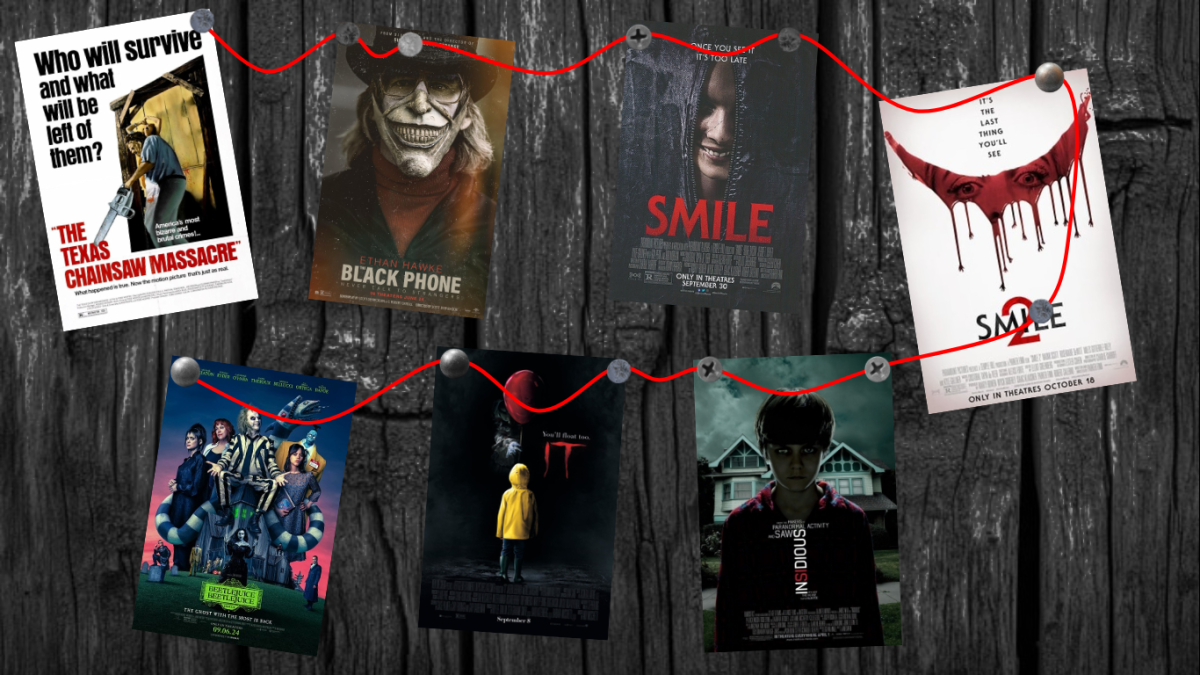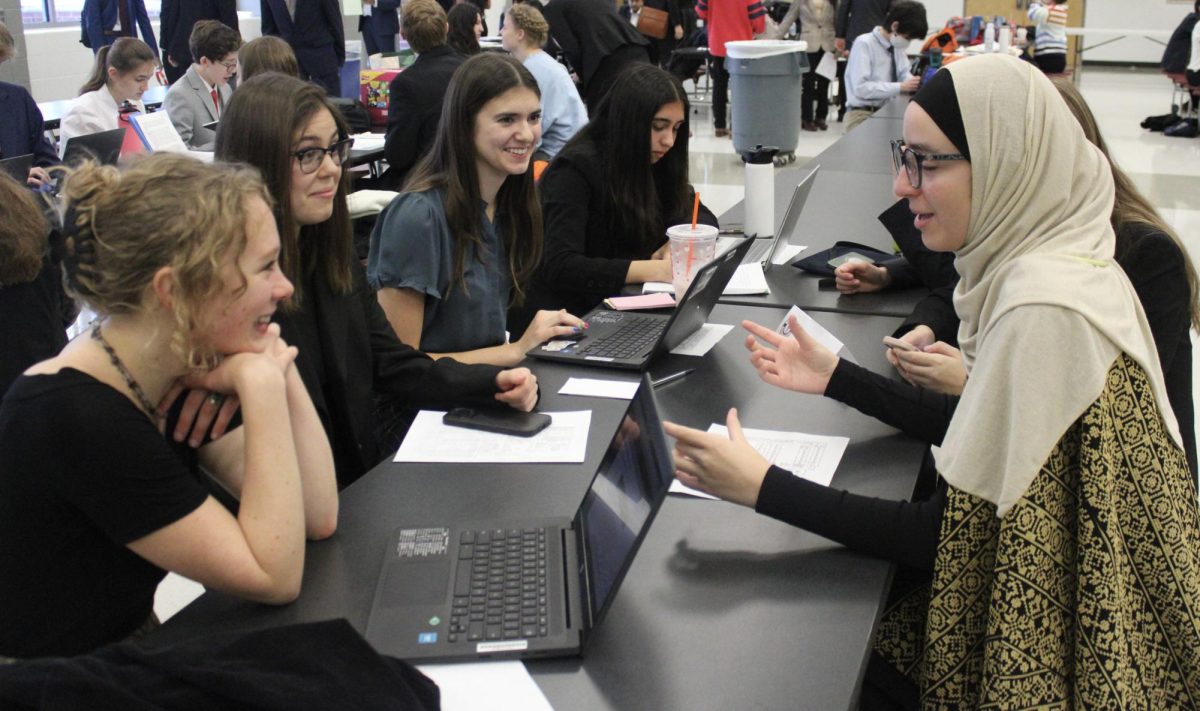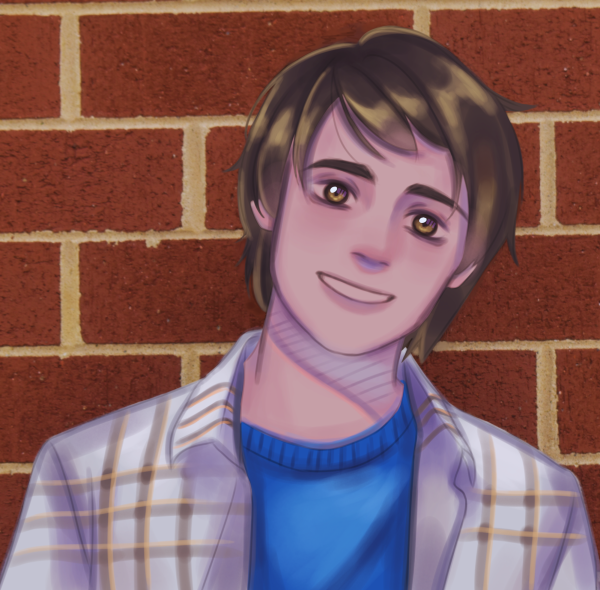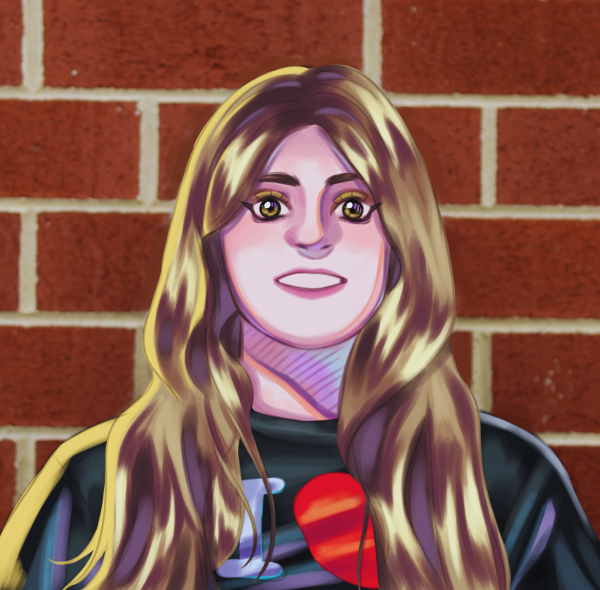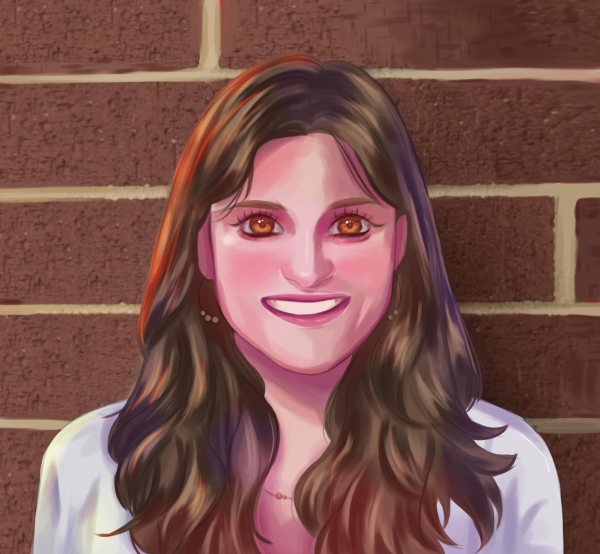On Dec. 2, the Washington-Arlington Catholic Forensic League’s (WACFL) third Speech and Congress tournament was held at Rock Ridge, with a total of over 250 students from the greater Washington D.C. Metropolitan area competing and 80 adult judges who evaluated the students during their rounds.
Formed 50 years ago by the Christian Catholic Church, WACFL separated and became independent as its own league; however, they still keep Catholic in their name as homage to their formation. The current president of WACFL is the debate coach for Westfield High School, Mark Deaton, who became president recently as a volunteer. Deaton is eager for students to be able to participate in this tournament. “We have over 60 schools that are members of our league, and each of them has students that are either speech and debate participants,” Deaton said. “My job is to make sure that all runs smoothly.”
Rock Ridge has one of the largest debate teams in Virginia, but has a strong focal point in debate rather than speech; only a few students participated in this speech-centered tournament. Nevertheless, RRHS senior Brahmjot Chawla was able to secure a win placing second in Student Congress. “I’m happy it was my first tournament of the year and I got a bid to metrofinals, so I get to just mess around for the rest of the year,” Chawla said.
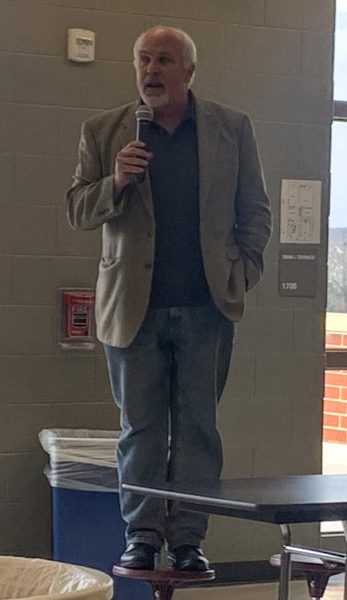
The tournament is broken into speech and debate, and both take place during the same event. Students had the option to participate in Student Congress, which included crafting and discussing bills on topics such as the current opioid crisis, or do an individual/partner event in speech.
Speech is when students will present to the audience to achieve several different goals. “Some performances are dramatic in nature,” Deaton said. “Almost like a theatrical performance.” Speeches are persuasive and aim to persuade the audience. Congress is when multiple attendees gather in a room and discuss a preassigned topic; each attendee tries to say their piece about the topic with individually made bills that aim to solve the topic at hand.
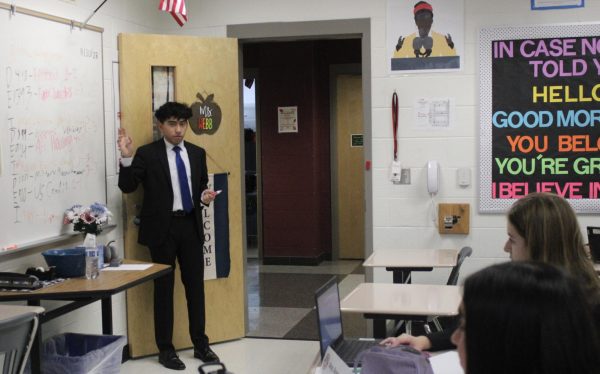
Science teacher and debate sponsor Rama Srinivasan said that the skills debaters learn while practicing for the tournament and throughout their season will translate into real-life skills outside of high school. “I think students who participate in debate, many of them get the confidence to speak in public,” Srinivasan said. “If you want to be part of the global economy and participate, you should be able to string two sentences together and speak in front of people without any hesitation.”
Debate is another style practiced at speech and debate tournaments. Another aspect of the tournaments. This is where students are assigned a topic to either support or oppose. Teams of students competing against each other on a topic that was prepared. Sophomores Aspen Johnson and Zimka Ajhazo from Our Lady of Good Counsel High School (OLGCHS) both were part of a debate performance that utilized choreography to better convey their presentation. “In debate, I think you need to have a commanding voice that people will hear in the room, and you have to be able to talk in such a way that people will remember what you said,” Aghazu said. “You have to have a demeanor: a physical posture and voice that fills up the room.”
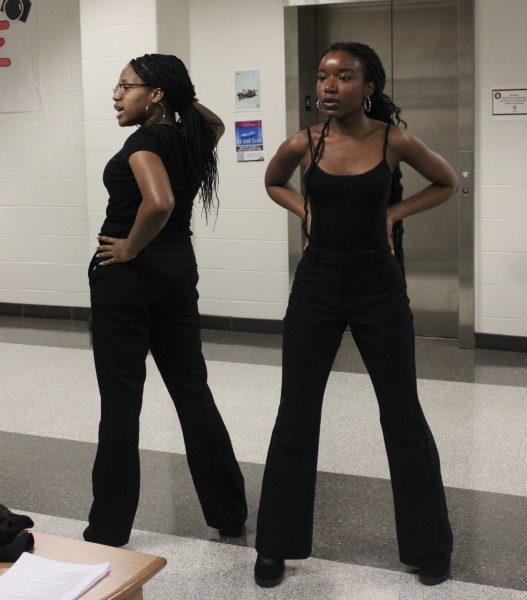
Although this event is considered smaller than most debate tournaments, it allowed students to come together to practice, learn, and perform skills that have translated into their lives at school. “Debate is your family,” sophomore Aspen Johnson from OLGCHS said. “The more tournaments you go to, the more you practice, the more you learn what you’ll like, the better you’ll get at it, and the happier you’ll be with what you do.”
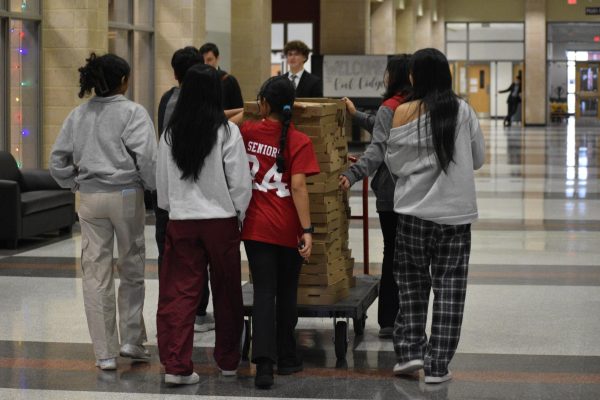

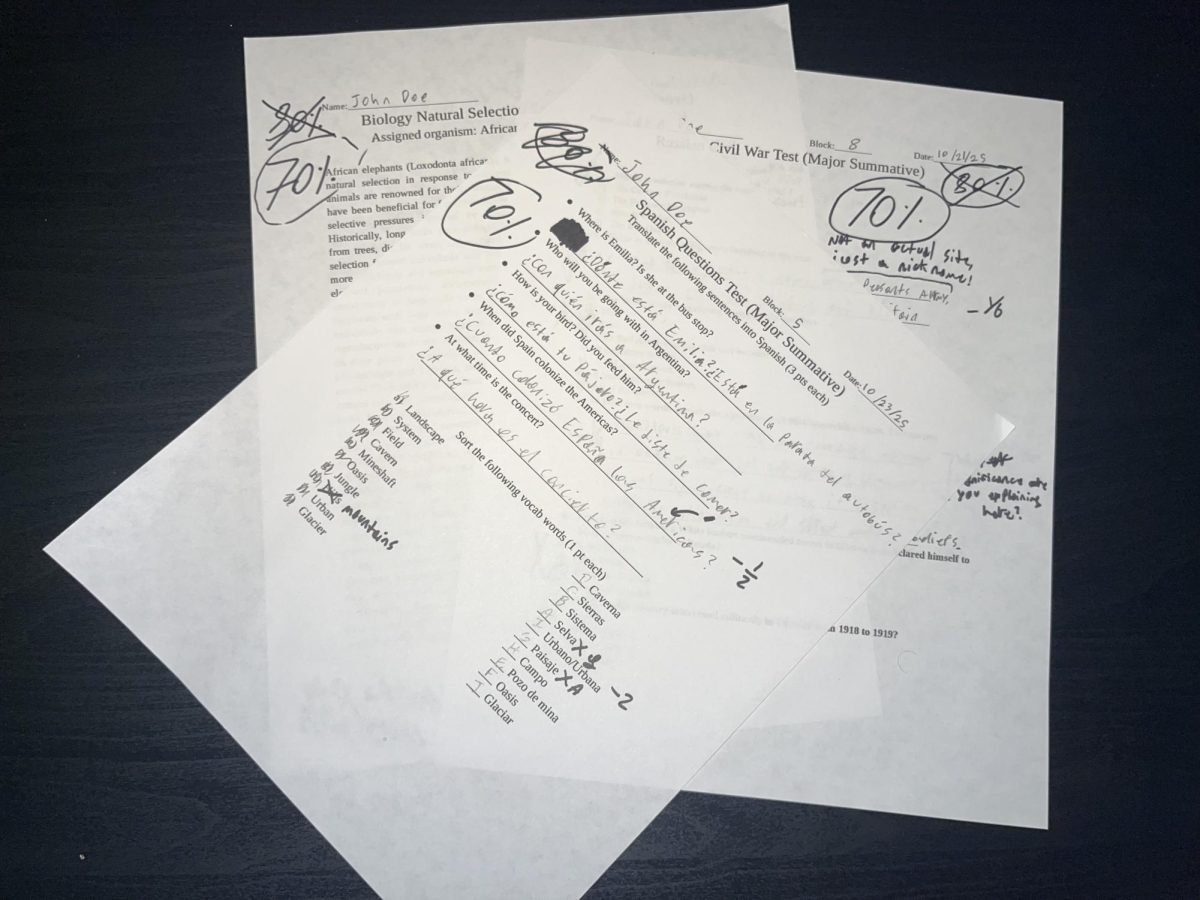
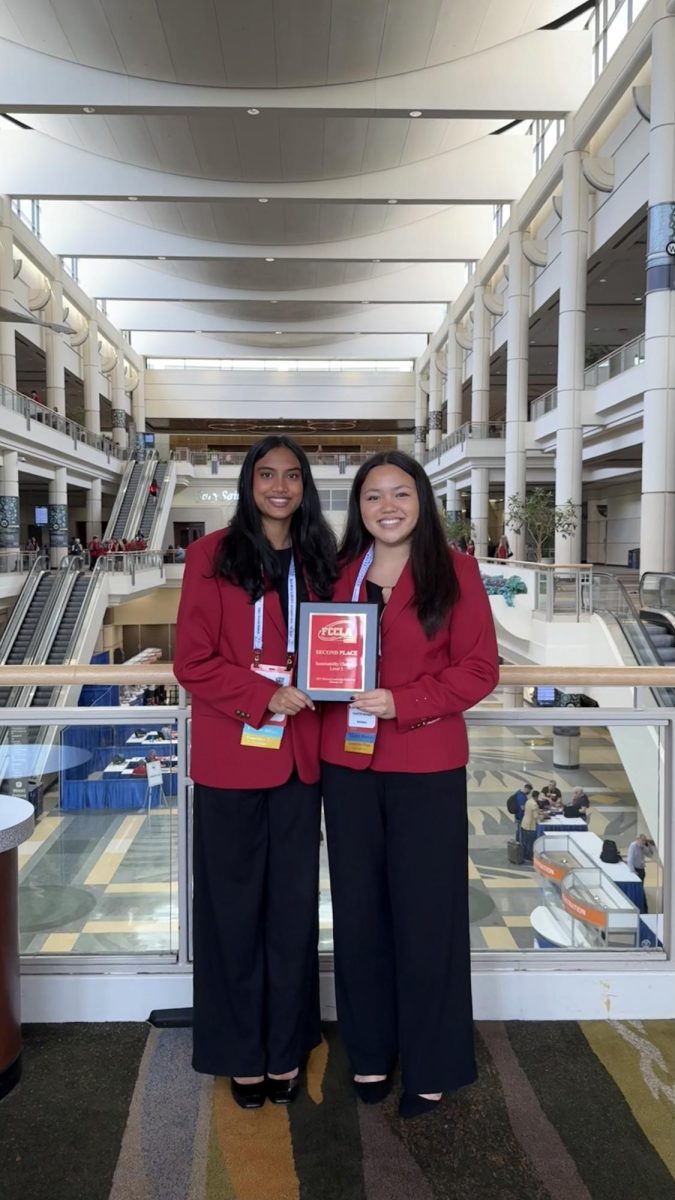



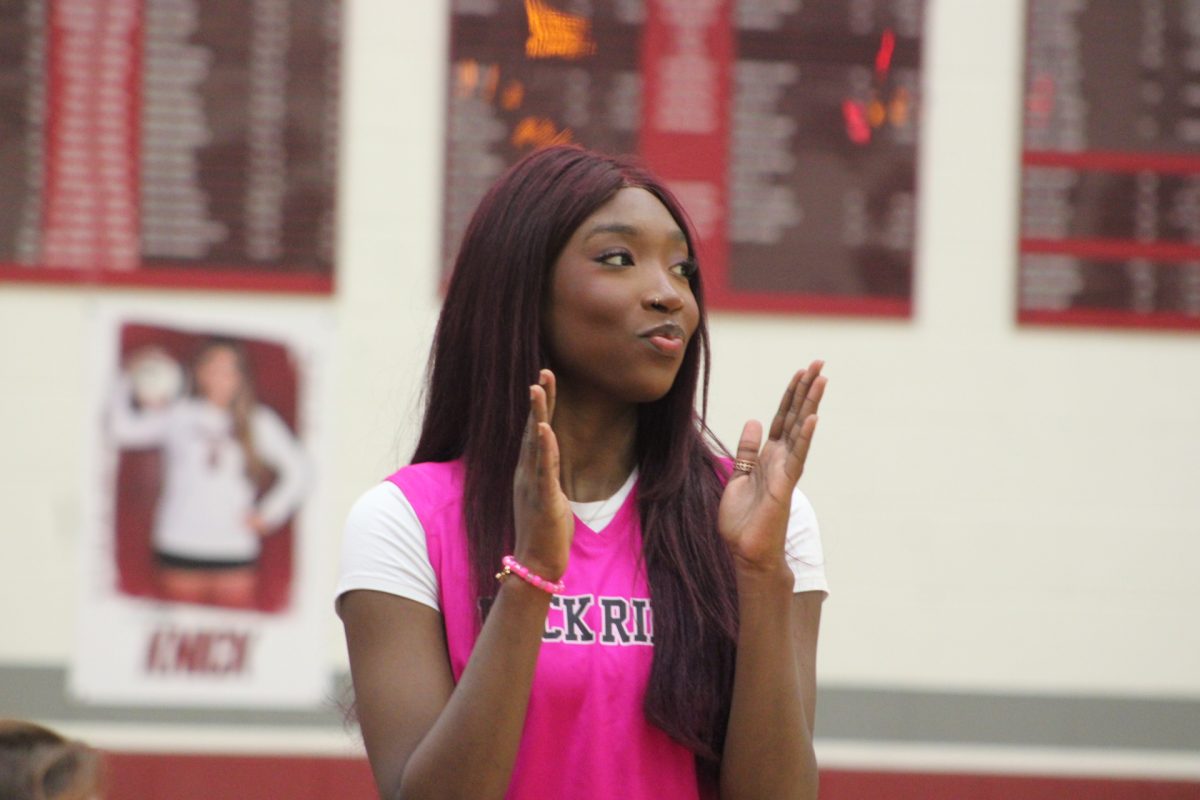
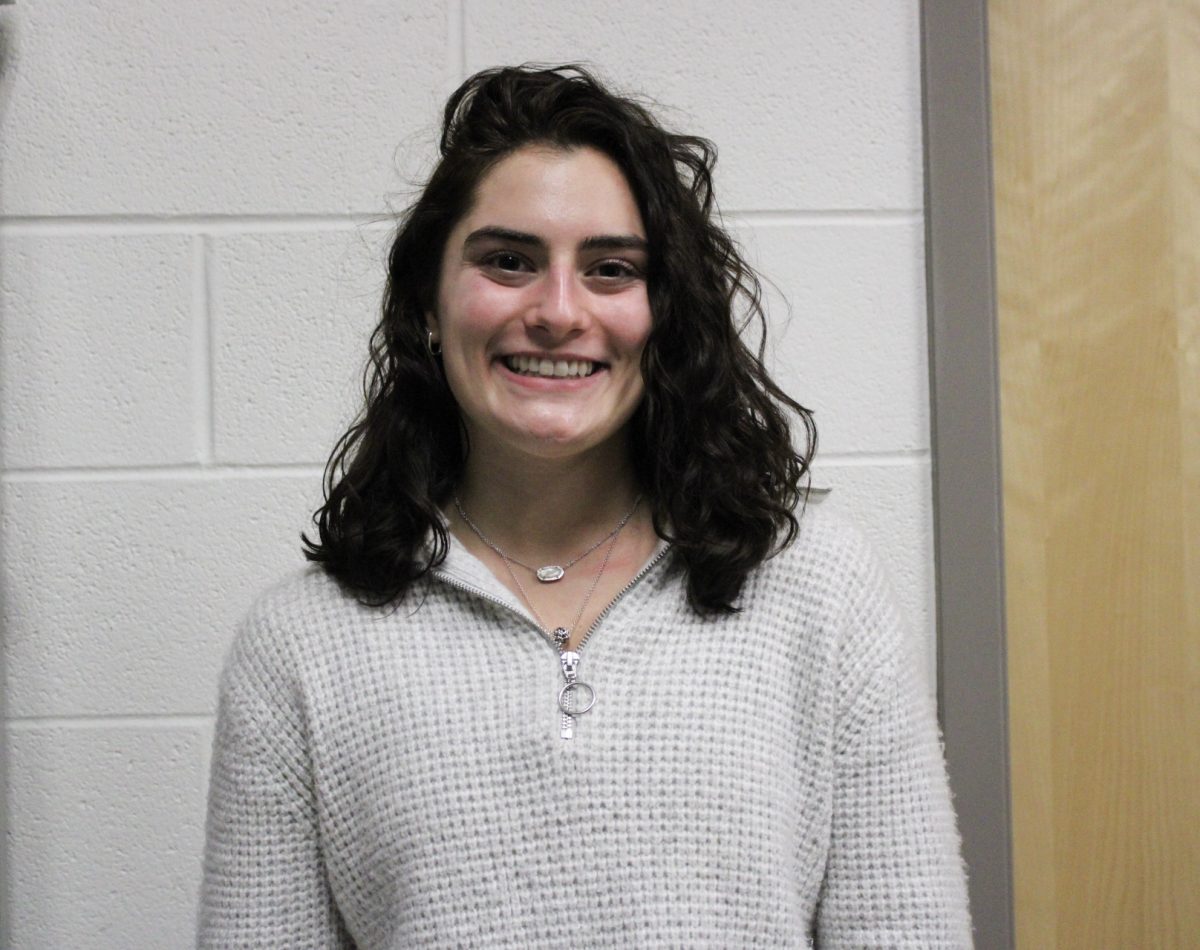







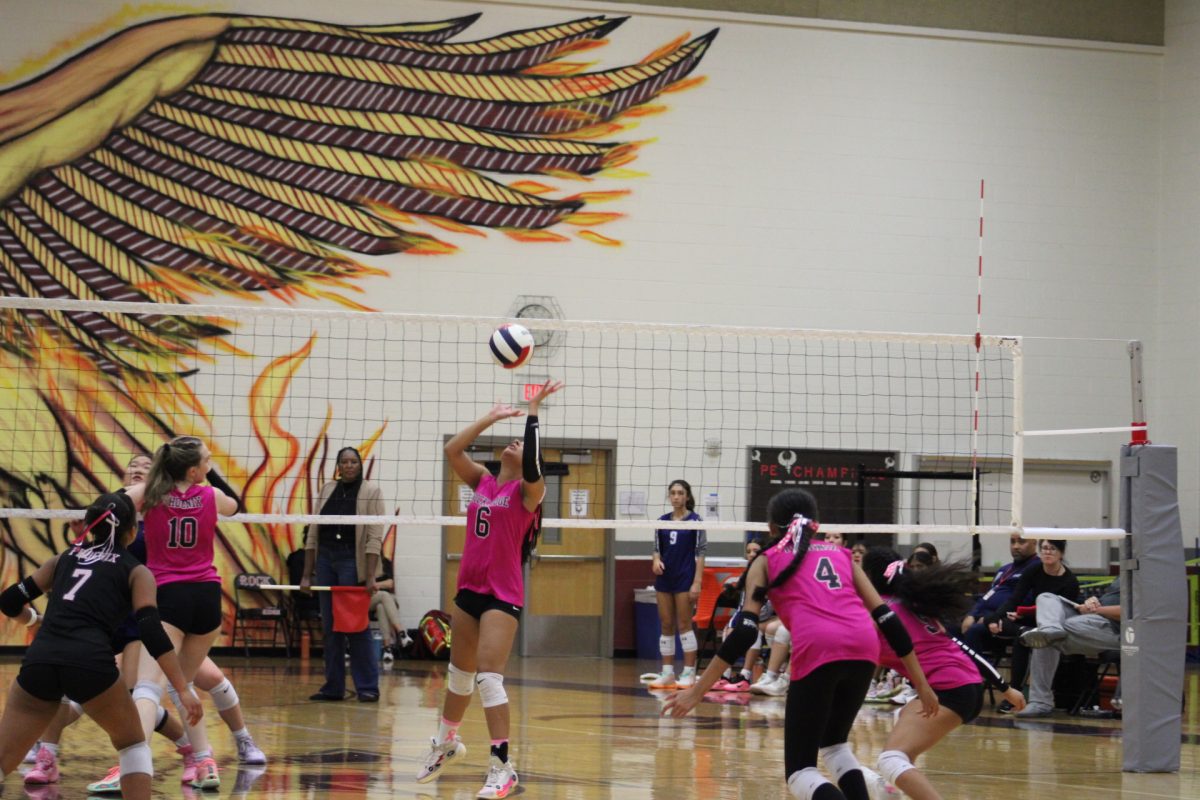








![The Phoenix varsity volleyball team lines up for the national anthem. “We were more communicative [with each other] during this game, and I feel like we kept our energy up, especially after the first set,” senior Jessica Valdov said.](https://theblazerrhs.com/wp-content/uploads/2024/10/DSC_0202-1200x800.jpg)










![Junior Alex Alkhal pitches the ball. “[I] just let it go and keep practicing so we can focus on our goal for the next game to get better as a team,” Alkhal said.](https://theblazerrhs.com/wp-content/uploads/2025/05/DSC_0013-1-1200x929.jpg)


